|

HOME |
ABOUT | INDEX |
NEWS |
FACEBOOK |
CONTACT
SIBLINGS
Brothers | Sisters


Home and Family
LGBTQ Parents
LGBTQ Children
Aunts
and Uncles
Queer Kids
Seniors|Elders

Coming Out to Siblings
Family Dynamics
Fans are entertained and
inspired by the characters of Mitch and Claire on the
ABC TV sitcom, Modern Family. The dynamics
between the gay brother and his sister give viewers some
insight into the close and supportive relationship that
can exist in such situations.
Discussions about coming
out typically deal with telling the parents. That makes
sense, especially for young people still living at home.
However, siblings play a role in the process as well.
They can help ease the way or contribute to the
conflict. They may have issues of their own stemming
from a sibling’s coming out. No matter the situation,
these issues should be acknowledged.
There are many factors
that may determine how siblings react to your coming out
as lesbian, gay, bisexual, transgender, or queer: their
age, their relationship with you, maturity level,
parental influence, religious views, and so on. In
general, if you were close before, you will probably
remain close. Your sibling may even have guessed
already, or maybe you told him or her first. The sibling
may take your side if your parents give you a hard time.
Even if the sibling is much younger than you, his or her
support may be very meaningful.
On the other hand, if the
relationship was not good to begin with, siblings can
make the experience all that much harder. Old jealousies
or resentments may have new fuel. There is a new
vulnerability that the sibling can choose to take
advantage of. In cases where parents are accepting of
who you are, such a sibling may be even more enraged and
do everything he or she can to make your life miserable.
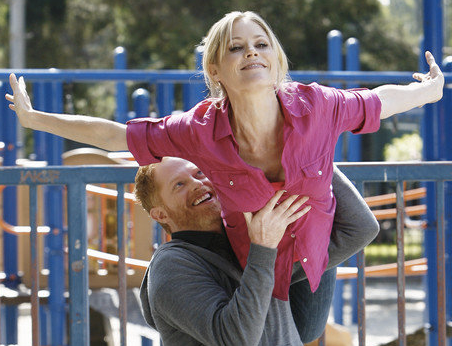
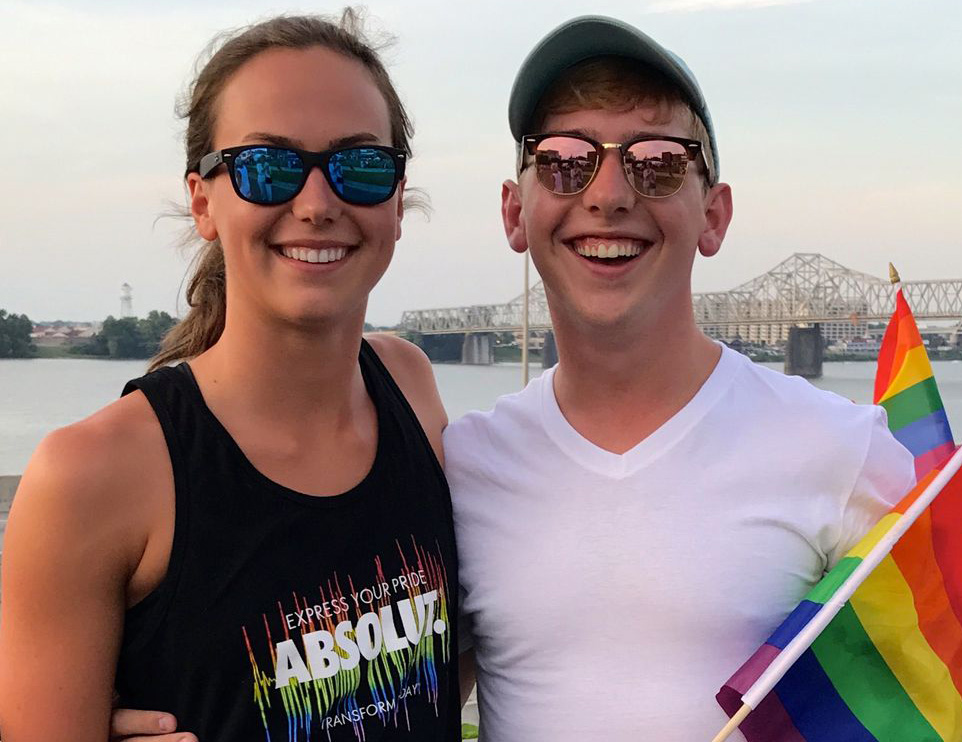
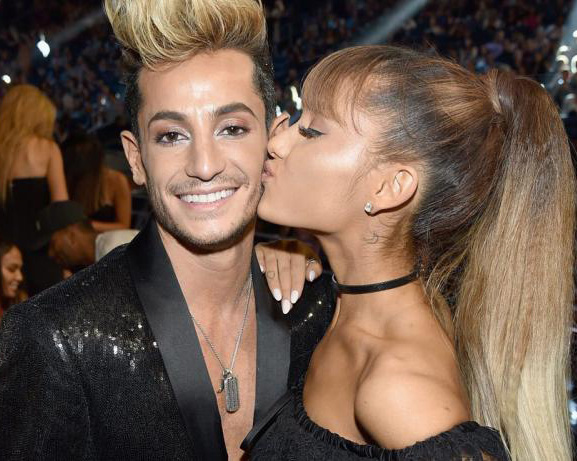
Brothers and Sisters of Lesbians and Gays
John Cena Says He Used to Stand Up for His Gay Brother
Growing Up
Celebrities Who Love Their Gay Brothers
Pedro Pascal Says His Trans Sister Is One of the Most
Powerful People He’s Ever Known
My Brother Just Came Out as Gay
Video: Coming Out to My 5 Year Old
Brother
Me and My Really Cool LGBTQ Sister
Info:
The Gay Uncle
Laura Ingraham's Gay
Brother Slams Fox News Host as a Monster
Celebrity Musicians with LGBTQ Family
Members
Mandalorian Star Pedro
Pascal Celebrates Trans Sister
When you come out, your
life changes, hopefully for the better, but in some
challenging ways, too. The life of a sibling can also
change as a result of having a LGBTQ brother or sister.
Sometimes siblings are pressured to take sides. In some
families, they may be forced to play peacekeeper. They
bear witness to anger, disappointment, fears, and
criticisms that may fly back and forth. If they are of
school age, they may be the butt of jokes, bullying, or
even hatred. Parents and the LGBTQ child may be so
wrapped up in their own problems that the sibling issues
aren’t addressed.
Many of these issues may
occur even when you and your siblings are adults when
you come out. The relationship issues you had as kids
may never have been resolved. Old rivalries may be
stirred up, and the chance to be the “good” child may be
too strong to resist. In addition, adult siblings may
have to deal with the feelings and reactions of a
romantic partner and/or children. If the partner’s
feelings differ from the sibling’s, it could cause
conflict in the relationship. The adult sibling may feel
protective of older parents, sympathy or empathy for his
or her brother or sister, sadness over the rift between
the parents and the newly out sibling, and so on. These
feelings may be subconscious, making them even harder to
work with.
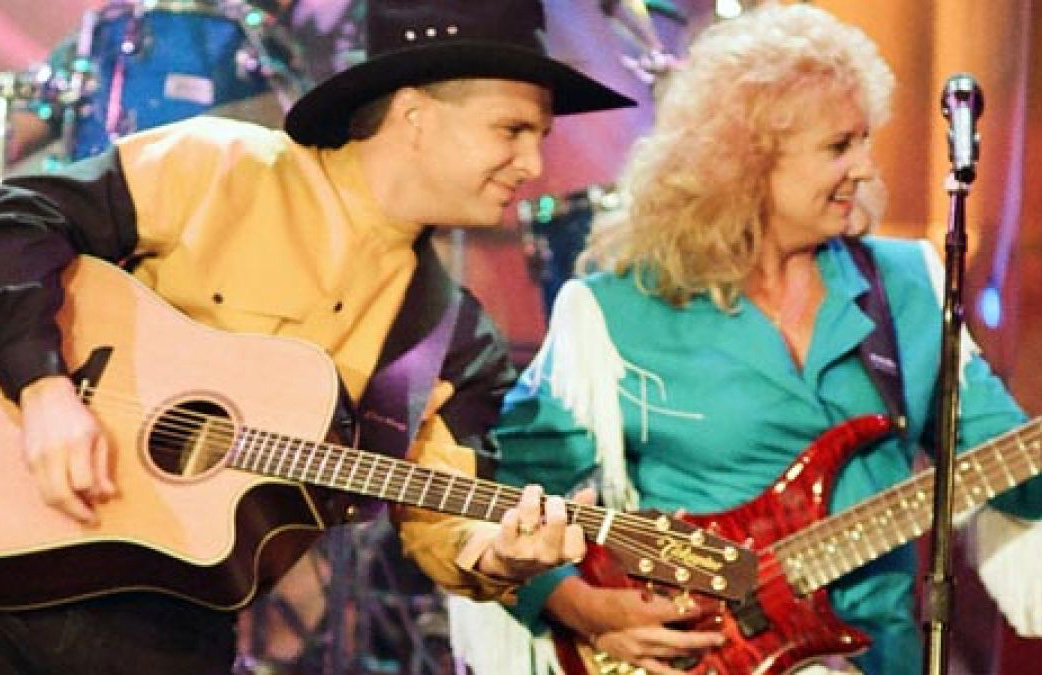
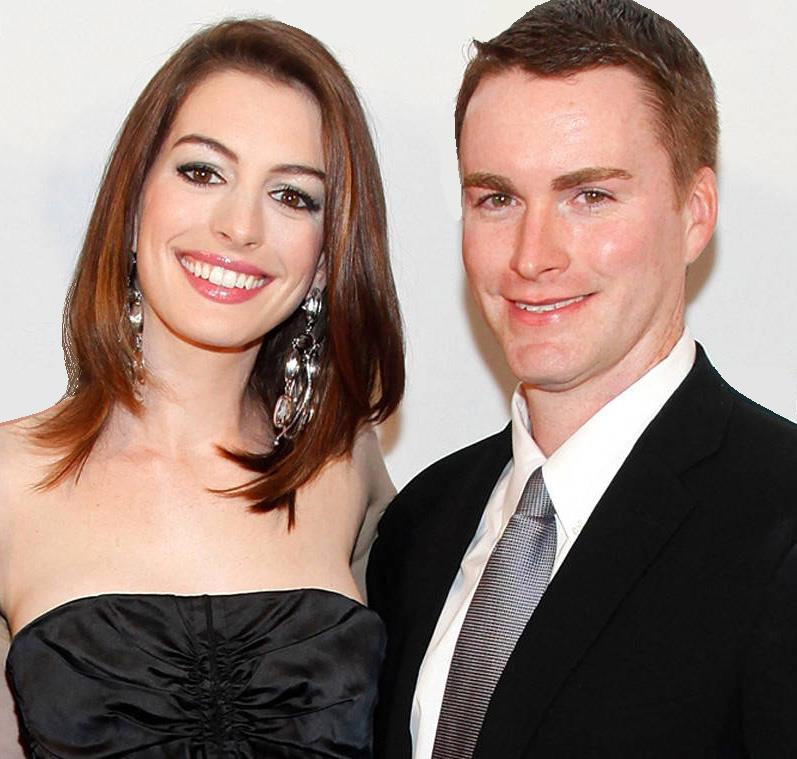

When My Brother Came Out
Coming Out: How Siblings Factor In
Celebrities with Gay Siblings
Pedro Pascal Opens Up About Relationship With Trans
Sister Lux
Video: Coming Out to My Sister
Things You Learn About Life From Your
LGBTQ Sibling
John Cena Says He Used to Stand Up for His Gay Brother
Growing Up
Naturally, there are
families in which both the parents and the siblings are
loving and accepting of their LGBTQ family member. That
is, of course, the best-case scenario, an ideal outcome
of coming out. When this is not your situation, however,
here are some things to remember:
--Acknowledge any support
you get from siblings in coming out. Share your
gratitude.
--Regardless of what your
relationship is like, know that your siblings may be
affected by your decision.
--Be aware of how your
relationship may affect a sibling’s attitude. If the
relationship is poor, you may think you don’t care what
the sibling thinks. But he or she can abuse this new
knowledge to “out” you to the rest of the family,
friends, or school when you aren’t ready.
--Don’t use your sibling
as the middle person between you and your parents. Let
your sibling act (or not act) on his or her own.
--Give your sibling a
chance to share his or her experiences. Try to be
sympathetic and offer support, regardless of his or her
level of support for you.
--Remember that if a
sibling is young, he or she might have questions or be
confused. Talk about it. Be as open as is
age-appropriate. And, hard as it may be, try not to
bad-mouth your parents. Your sibling needs them.
No matter what your
relationship with your siblings is like, your decision
to come out is likely to affect then, and, more than
likely, your relationships
with them. Being aware of this, and being
prepared to handle it, can help your coming-out process
go as smoothly as possible.
[Source:
Susan J. Leviton, LMFT, Good Therapy,
2015]
When My Brother Came Out
Coming Out: How Siblings Factor In
Celebrities with Gay Siblings
Pedro Pascal Opens Up About Relationship
With Trans Sister Lux
Things You Learn About Life From Your
LGBTQ Sibling
Video: Coming Out to My Sister
Things You Learn About Life From Your
LGBTQ Sibling
Having an LGBTQ Sibling Makes You a Better
Person
Laura Ingraham's Gay Brother Slams Fox
News Host as a Monster
Having an LGBTQ Sibling: A Real Education
What does someone
learn from having an LGBTQ sibling?
Growing up with an LGBTQ sibling can be a transformative
and enriching experience, offering valuable lessons that
contribute to personal growth, empathy, and a broader
understanding of diversity. One of the fundamental
lessons is the importance of acceptance. Having an LGBTQ
sibling challenges preconceived notions and societal
expectations, fostering an environment where acceptance
becomes a cornerstone. This lesson extends beyond sexual
orientation and gender identity, encouraging an
open-minded approach to differences in general.
Empathy is another crucial takeaway. Witnessing the
struggles and triumphs of an LGBTQ sibling can instill a
deep sense of empathy. It allows individuals to
comprehend the unique challenges faced by the LGBTQ
community, promoting a more compassionate and supportive
attitude. This firsthand experience can break down
stereotypes and prejudices, replacing them with a
genuine understanding of the human experience.

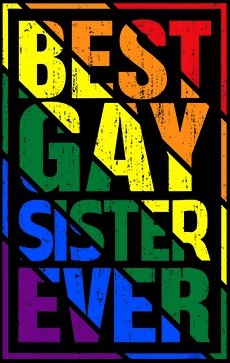
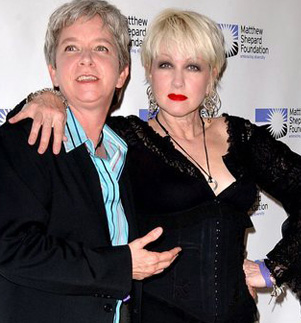
Having an LGBTQ Sibling Makes You a Better
Person
Brothers and Sisters of Lesbians and Gays
Celebrities Who Love Their Gay Brothers
My Brother Just Came Out as Gay
Video: Coming Out to My 5 Year Old
Brother
Me and My Really Cool LGBTQ Sister
Additionally, having an LGBTQ sibling can broaden one's
perspective on relationships. It challenges traditional
norms and highlights the diversity of love and
companionship. This exposure can lead to a more
inclusive mindset, rejecting rigid societal expectations
about who can love whom. It teaches individuals to
appreciate the beauty of love in all its forms,
irrespective of gender.
Furthermore, the experience of having an LGBTQ sibling
fosters resilience. LGBTQ individuals often navigate
societal pressures and discrimination, and witnessing
their strength and resilience can inspire and impart
valuable life lessons. It encourages a mindset of
perseverance in the face of adversity and an
understanding that one's authentic self is worth
celebrating.
In essence, having an LGBTQ sibling is an education in
diversity, acceptance, empathy, and resilience. It
dismantles stereotypes, fosters a compassionate
worldview, and encourages individuals to embrace the
richness of human experience. This unique familial
dynamic becomes a source of enlightenment, contributing
to a more inclusive and understanding society as a
whole.
Brothers and Sisters of Lesbians and Gays
Celebrities Who Love Their Gay Brothers
My Brother Just Came Out as Gay
Video: Coming Out to My 5 Year Old
Brother
Me and My Really Cool LGBTQ Sister
Info:
The Gay Uncle
Laura Ingraham's Gay
Brother Slams Fox News Host as a Monster
Celebrity Musicians with LGBTQ Family
Members
Mandalorian Star Pedro
Pascal Celebrates Trans Sister
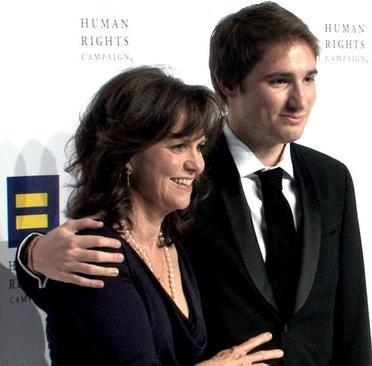
Celebrities with LGBTQ Family Members
Liz Chaney - Her sister Mary
Mandy Moore – Her mother and her two gay
brothers
Colin Ferrell – His brother Eamon
Cardi B – Her sister Hennessy
Adam Levine – His younger brother Michael
Pedro
Pascal - His trans sister Lux Pascal
Laura Ingraham – Her brother Curtis
Kevin Smith – His brother Donald
Jennifer Lopez – Her aunt Myrza and her
sister Leslie’s second child Brendan
Demi Lovato – Her grandfather
Chance the Rapper – His younger brother
Taylor Bennett
Sally Field - Her son
Sam Greisman
Newt Gingrich – His Sister Candace
Cher – Her transgender son Chaz Bono
Garth Brooks – His half-sister Betsy
Smittle
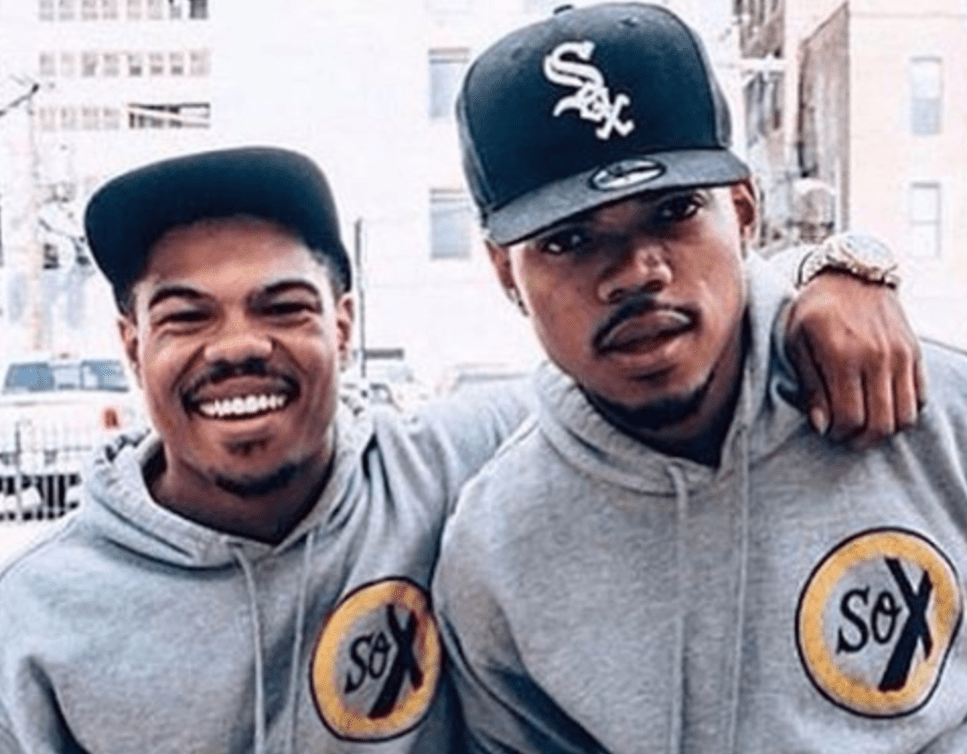
Having an LGBTQ Sibling Makes You a Better
Person
Brothers and Sisters of Lesbians and Gays
Celebrities Who Love Their Gay Brothers
My Brother Just Came Out as Gay
Video: Coming Out to My 5 Year Old
Brother
Me and My Really Cool LGBTQ Sister
John Cena - His older brother
Ariana Grande – Her older half-brother
Frankie
Max Carver – His twin brother Charlie
Jake Miller – His cousin Michael
Catherine Zeta Jones – Her brother David
Chris Evans – His older brother Scott
Anne Hathaway – Her older brother Michael
Marlee Matlin – Her brother Marc
Roseanne Barr – Her sister Geraldine and
her brother Ben
Tom Arnold – His brother Chris
Madonna – Her brother Christopher Ciccone
50 Cent – His mother Sabrina
Jeremy Jordan – His cousin Sarah
Jay Z – His mother Gloria Carter
Ana Matronic – Her father
Jackie Evancho – Her older transgender sister
Juliet
Cyndi Lauper – Her older sister Ellen
Richard Gere – His brother David
Jordan Knight – His brother Jonathan
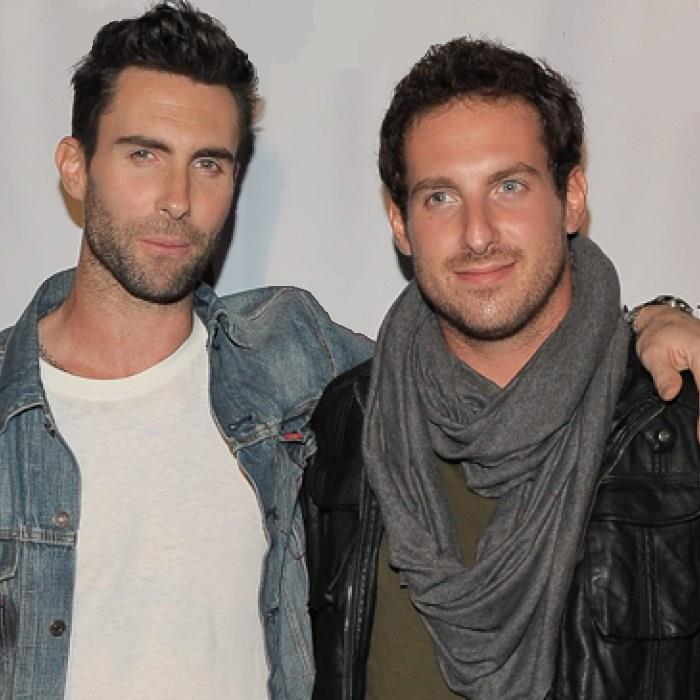
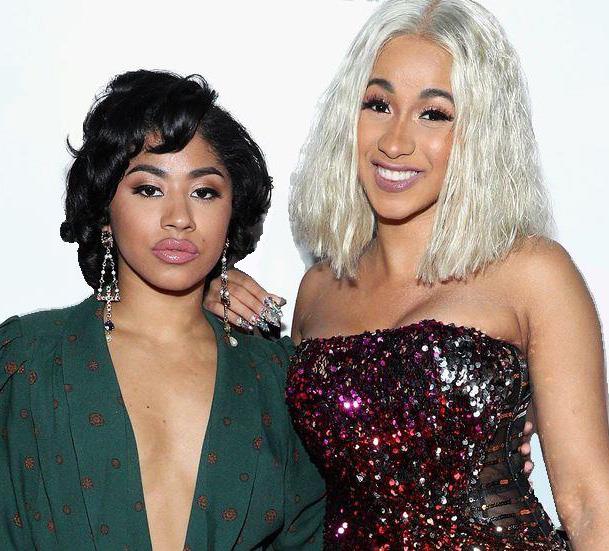
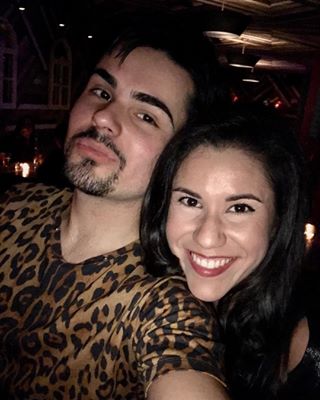
When My Brother Came Out
Coming Out: How Siblings Factor In
John Cena Says He Used to Stand Up for His Gay Brother
Growing Up
Mandalorian Star Pedro
Pascal Celebrates Trans Sister
Video: Coming Out to My Sister
Things You Learn About Life From Your
LGBTQ Sibling
Having an LGBTQ Sibling Makes You a Better
Person
Info:
The Gay Uncle
Pedro Pascal Says His Trans Sister Is One of the Most
Powerful People He’s Ever Known
Brothers and Sisters of Lesbians and Gays
My Brother Just Came Out as Gay
Me and My Really Cool LGBTQ Sister
Liz Cheney
Admits She Was Wrong to Oppose Same-Sex Marriage
I love my sister very much...
Republican congresswoman Liz Cheney has said she was
“wrong” to oppose marriage equality in the past. The
55-year-old has represented Wyoming’s at-large
congressional district since 2017 and is up for
re-election in 2022.
While previewing her campaign on 60 Minutes (Sept), she
made a surprise detour into comments she made in 2013
against same-sex marriage, which fuelled a rift between
her and her sister Mary, who is gay. Liz told 60
Minutes: “I was wrong, I was wrong."
“I love my sister very much. I love her family very much
and I was wrong. It is a very personal issue and very
personal for my family. I believe that my family was
right. “My sister and I have had that conversation.”
Shocked 60 Minutes host Leslie Stahl replied: “Wow, I
was not expecting that.”
“Freedom means freedom for everybody,” Cheney added,
quoting her father, former vice president Dick Cheney,
who had previously voiced support for marriage equality.
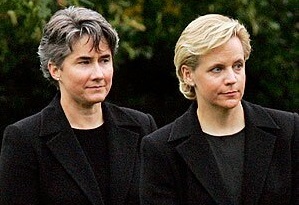
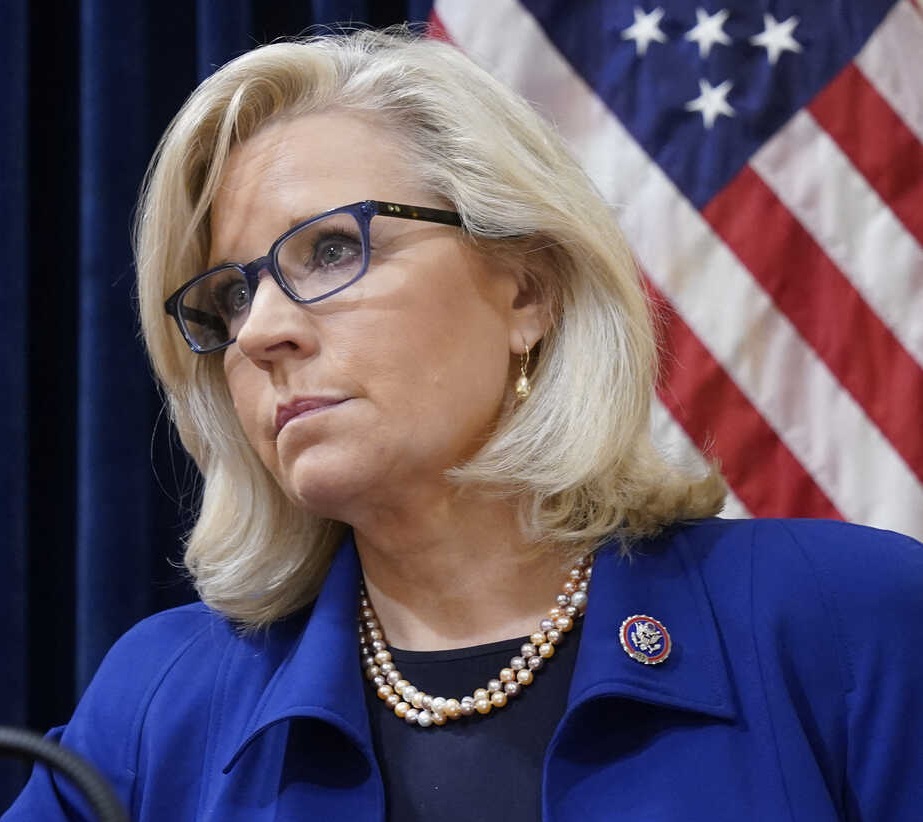
Liz Cheney, who was stripped this year of her position
as the third-ranking Republican in the House of
Representation for her rallying against Donald Trump’s
claims of election fraud, said recently that meeting a
trans woman helped give her perspective on her approach
to LGBTQ rights.
“We were at an event a few nights ago,” she recalled,
“and there was a young woman who said she doesn’t feel
safe sometimes because she’s transgender. “Nobody should
feel unsafe,” she insisted.
Liz Cheney spoke out against same-sex marriage in 2013,
during an unsuccessful run for Senate. During a spot on
Fox News she said he believed “in the traditional
definition of marriage” – despite her own sister being a
lesbian. “I love Mary very much,” Liz said, “I love her
family very much. This is just an issue on which we
disagree.”
Mary, who is married to Heather Poe and was involved in
the Supreme Court effort to legalize marriage equality
in California, responded with a public social media post
at the time. Writing in a 2013 Facebook post, Mary said
her sister opposing her right to marry the person she
loves left her feeling like a “second-class citizen”.
She wrote, “Liz, this isn’t just an issue on which we
disagree. You’re just wrong. And on the wrong side
of history.” She later told The New York Times
that she would never reconcile with Liz unless she
changed her position on marriage equality. The pair had
not spoken for months even before her comments.
Overall, support for LGBTQ rights (and marriage equality
in particular) has steadily risen in recent years among
Republican supporters. Just 30 per cent of Republicans
in 2013 were in favor of it. By June 2021, a thumping 55
per cent proudly said they support marriage equality,
according to a Gallup poll.
[Source: Josh Milton, Pink News, Sept 2021]
NPR: Liz Cheney Says She Was Wrong In Opposing Same-Sex
Marriage
NBC: Rep. Liz Cheney Says She was Wrong to Oppose
Same-Sex Marriage
People: After Rift with Gay Sister, Liz Cheney Now
Admits She Was Wrong to Oppose Same-Sex Marriage
ABC: Dick Cheney's Daughter Marries Her Partner
Advocate: Mary Cheney Says Sister Liz is Dead Wrong on
Marriage Equality
Having a Gay or Lesbian Sibling
Could I too be gay?
What is it like to have a sibling who is
gay or lesbian? Based on the little bit of information
available, it seems that siblings may share in the
stigma of their gay brothers and lesbian sisters whereby
they may have to cope with taunts from peers, which
include accusations that they too are gay.
The book, Side by Side: On Having a
Gay or Lesbian Sibling by Andrew Gottlieb, is a
sensitive, insightful anthology consisting of essays
written by siblings of lesbians and gays who discuss how
they too become objects of abuse and intolerance,
sharing in the stigma of their gay siblings. However,
like some fortunate parents, people who learn their
siblings are lesbian or gay can find ways to grow and
gain new perspectives. Several of the contributors to
this volume discussed how they formed especially close
bonds with their gay brothers and sisters and, developed
new, more tolerant worldviews that enriched their lives.
The paucity of available information about siblings of
gay and lesbian youth does not mean their issues are
small or unimportant.
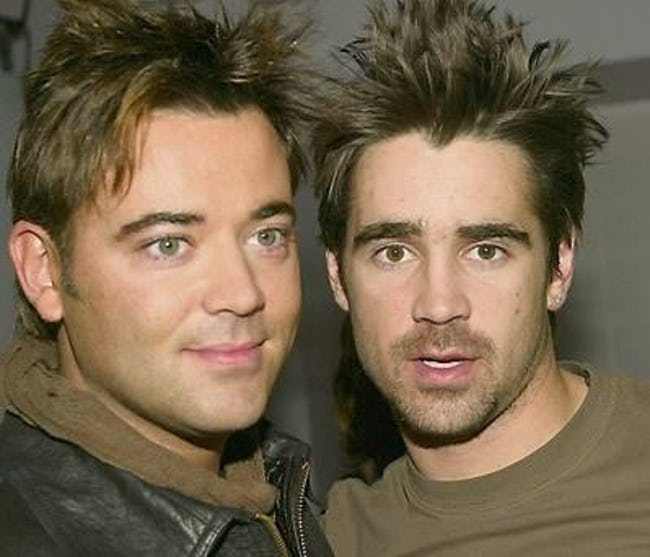
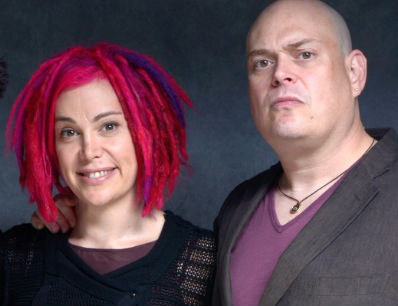
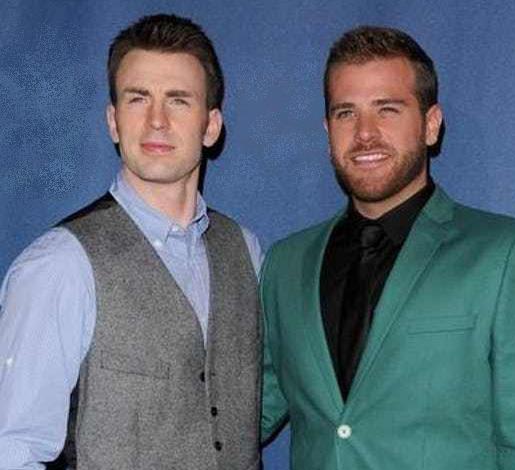
Sisters and brothers might need help
coping with feelings of shame that they have someone gay
in the family. They may also need help dealing with peer
condemnation and harassment once it is found out that
they have a gay or lesbian sibling. Furthermore, they
may be anxiously questioning their own sexuality-even if
they have no same-sex attractions. A lack of such
feelings does not necessarily preclude a sibling from
wondering "Could this happen to me too?"
In addition, some parents with good
intentions have isolated their gay children's younger
siblings, keeping the gay child's sexual orientation a
secret and therefore excluding brothers and sisters from
family discussions of this topic. Sometimes parents do
this because they want to protect their younger children
from information they believe they cannot handle. At
other times this is done inadvertently when, after the
gay child comes out, parents and gay kids emotionally
withdraw from the family, leaving siblings to deal with
their reactions alone. If the siblings are not aware why
the family is in turmoil, they can even feel more
confused, isolated, and distressed. In either scenario
there is no one left to help the sibling(s) deal with
their feelings.


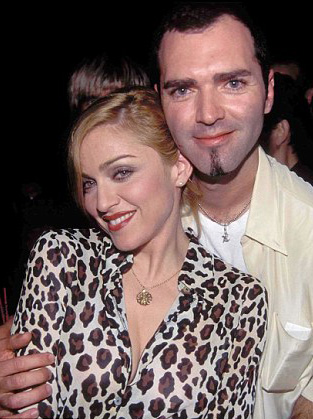
For all these reasons it is a good idea
to pay close attention to siblings in families with
coming-out gay and lesbian youth. Parents might fear
that by telling younger children they might upset them
too much or reveal something sexual that the youngsters
are not ready to hear. Many therapists who have worked
with young children, whose prejudices are not yet fully
formed, know how surprisingly flexible they can be when
it comes to understanding topics such as homosexuality
if they are explained in ways that are in line with
their cognitive abilities. In addition, since dealing
with courtesy stigma might be an issue for brothers and
sisters, it would also be a good idea to include
siblings in family discussions of how to cope with
issues such as societal intolerance and other people's
prejudices.
Mothers and fathers might also fear that
such information could influence the younger sibling to
actually "turn gay." Parents need to be reassured that
such concerns are unfounded. There is no evidence that
having a lesbian sister or a gay brother can persuade a
child to become gay. Furthermore, one gay child in a
family does not necessarily mean that others will be as
well. However, there is some evidence that compared to
families with no gay siblings, if one son in a family is
gay, his brothers are statistically more likely to be.
[Source: Dr. Michael LaSala, Psychology
Today, 2011]
John Cena Says He Used to Stand Up for His Gay Brother
Growing Up
When My Brother Came Out
Coming Out: How Siblings Factor In
Mandalorian Star Pedro
Pascal Celebrates Trans Sister
Celebrities with Gay Siblings
Video: Coming Out to My Sister
Things You Learn About Life From Your
LGBTQ Sibling
Info:
The Gay Uncle
Having an LGBTQ Sibling Makes You a Better
Person
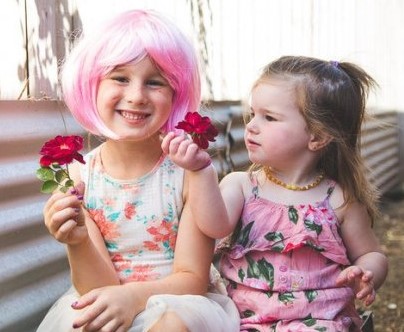
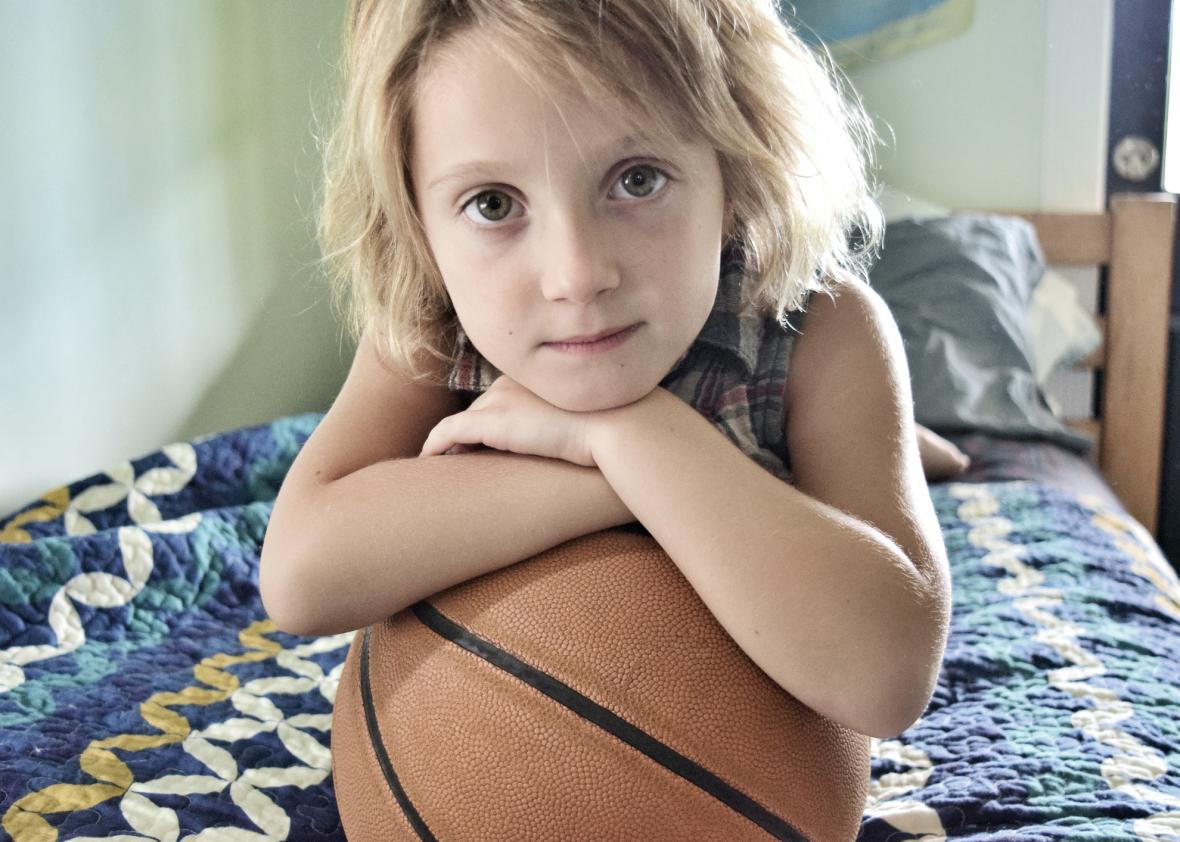
What is a Nibling?
"Nibling" is a term
that is making its rounds these days. But it is
not a new term. It
is an efficient word to use when referring to your
sibling's kids
Nibling is a gender-neutral term used to refer to a
child of one's sibling as a replacement for "niece" or
"nephew." It is also handy when referring to nieces and
nephews who are non-binary or transgender.
The word
is thought to have been coined in the early 1950s, but
was relatively obscure for several decades before being
revived in recent years. The term "niephew" has
had some minor traction.
Are you someone who has a sibling or siblings with
multiple offspring of varying genders you'd like to
refer to efficiently? Would you like a single word that
could apply generally to all of them? Nibling is
that word.
When My Brother Came Out
Coming Out: How Siblings Factor In
Celebrities with Gay Siblings
Pedro Pascal Opens Up About Relationship
With Trans Sister Lux
Things You Learn About Life From Your
LGBTQ Sibling
Video: Coming Out to My Sister
Things You Learn About Life From Your
LGBTQ Sibling
Having an LGBTQ Sibling Makes You a Better
Person
Pedro Pascal Says His Trans Sister Is One of the Most
Powerful People He’s Ever Known
Laura Ingraham's Gay Brother Slams Fox
News Host as a Monster
HOME
QUEER CAFE
│ LGBTQ Information Network │ Established 2017 |